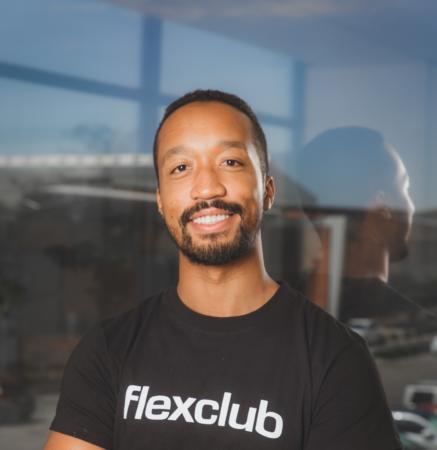Flex Club wants to be the middleman between Uber drivers and investors. The South Africa-based company just reached $1.2 million in funding and plans to expand its teams and products, according to TechCrunch.
Flex Club also has a new partnership with Uber Mexico that lets investors buy cars rented out to Uber drivers. Drivers can “link their gig accounts” to Flex Club, which uses drivers’ Uber stats to determine payment option.
“Our goal is to make this completely passive… where investors can invest in different kinds of assets on our platform, login to a dash, and see this is how my five cars in South Africa are doing, my vans in Mexico, my motorbikes in Indonesia — with a diversified portfolio around the world,” Flex Club Co-founder and CEO Tinashe Ruzane said to TechCrunch.
Flex Club drivers can pay as little as $160 a week for their cars, while investors use the platform to track how their cars across the world are doing. There’s also no obligation for drivers to buy the vehicles that they rent; however, they do have the option to purchase the cars after using Flex Club for 12 months.
With Flex Club, there are no financing agreements or “rigid repayment plans,” according to Ruzane.
“Drivers Club members essentially rent the vehicles until they can afford to buy them,” Ruzane said.
Before starting his own company, Ruzane worked as head of vehicle solutions for Uber Europe, Middle East and Africa (EMEA). In this position Ruzane, worked closely with car financers and rental companies to increase access to Uber driver partners.
After contracts are signed by investors, Flex Club can manage insurance, maintenance, payment and bad debts costs of the investor’s vehicles. Flex Club partners with local dealerships to provide cars to drivers. The company has previously teamed up with Uber Fleet partners.
Flex Club does not vet investors before letting them on the platform. However, Flex Club does provide vehicle inspections before renting them to drivers.
“We currently don’t run any background checks on investors club members, not dissimilar to how anyone can host their property on Airbnb without a criminal background check,” Ruzane said to AfroTech.
The startup currently operates in Johannesburg, Pretoria and Cape Town, with plans to launch in Guadalajara and Mexican cities, as part of its partnership with Uber Mexico. It hopes to expand its offering with its new funding and is set to start matching investors with cars in April.

